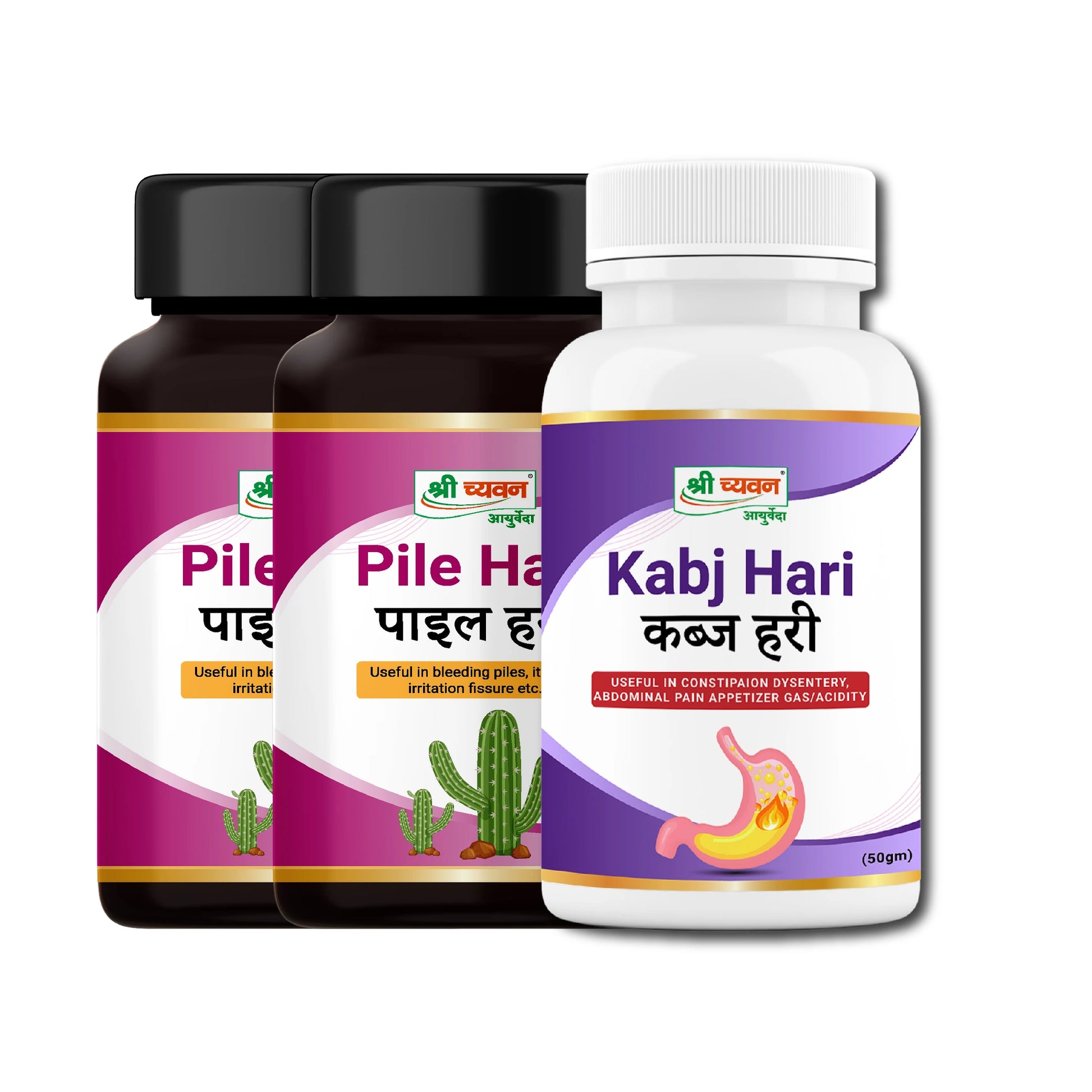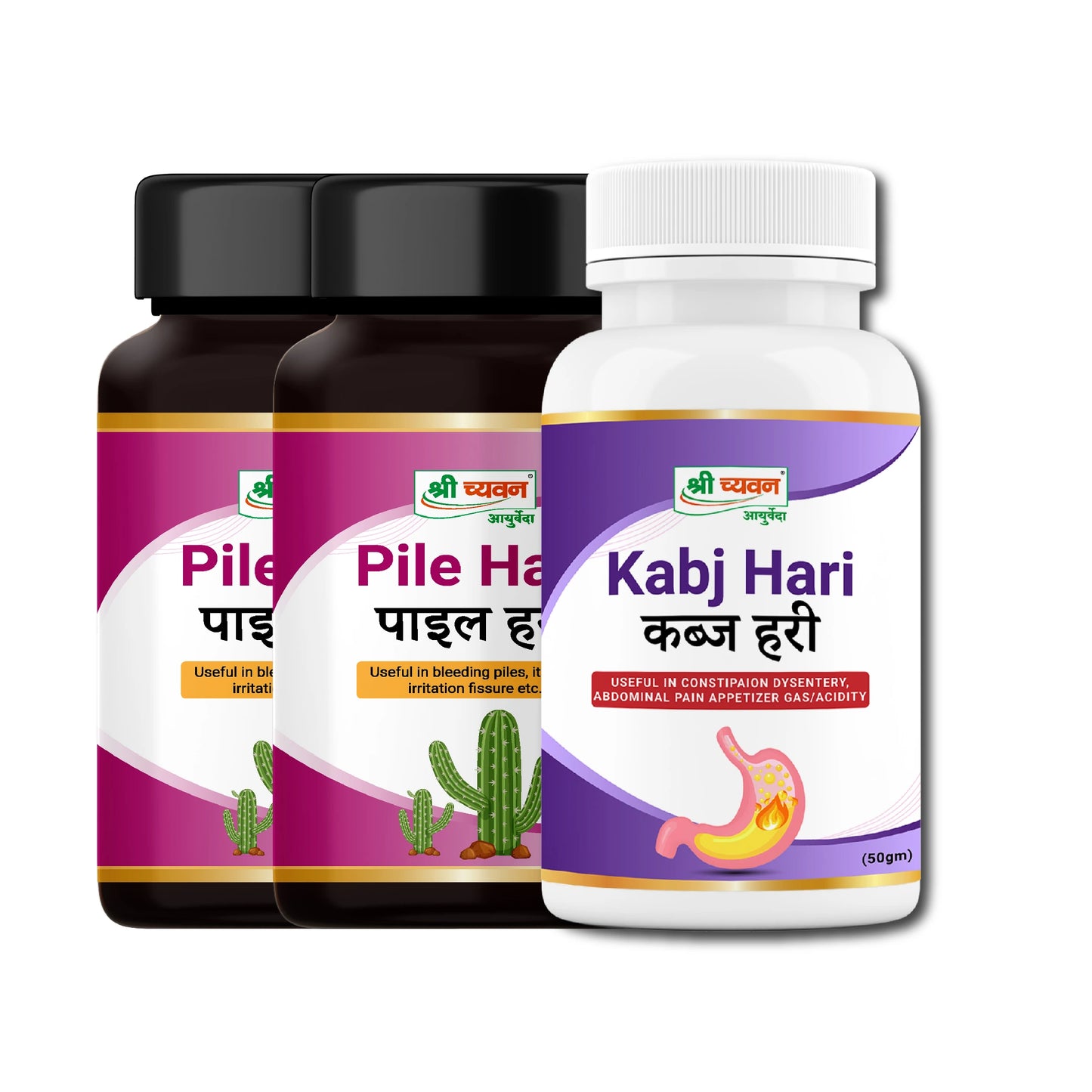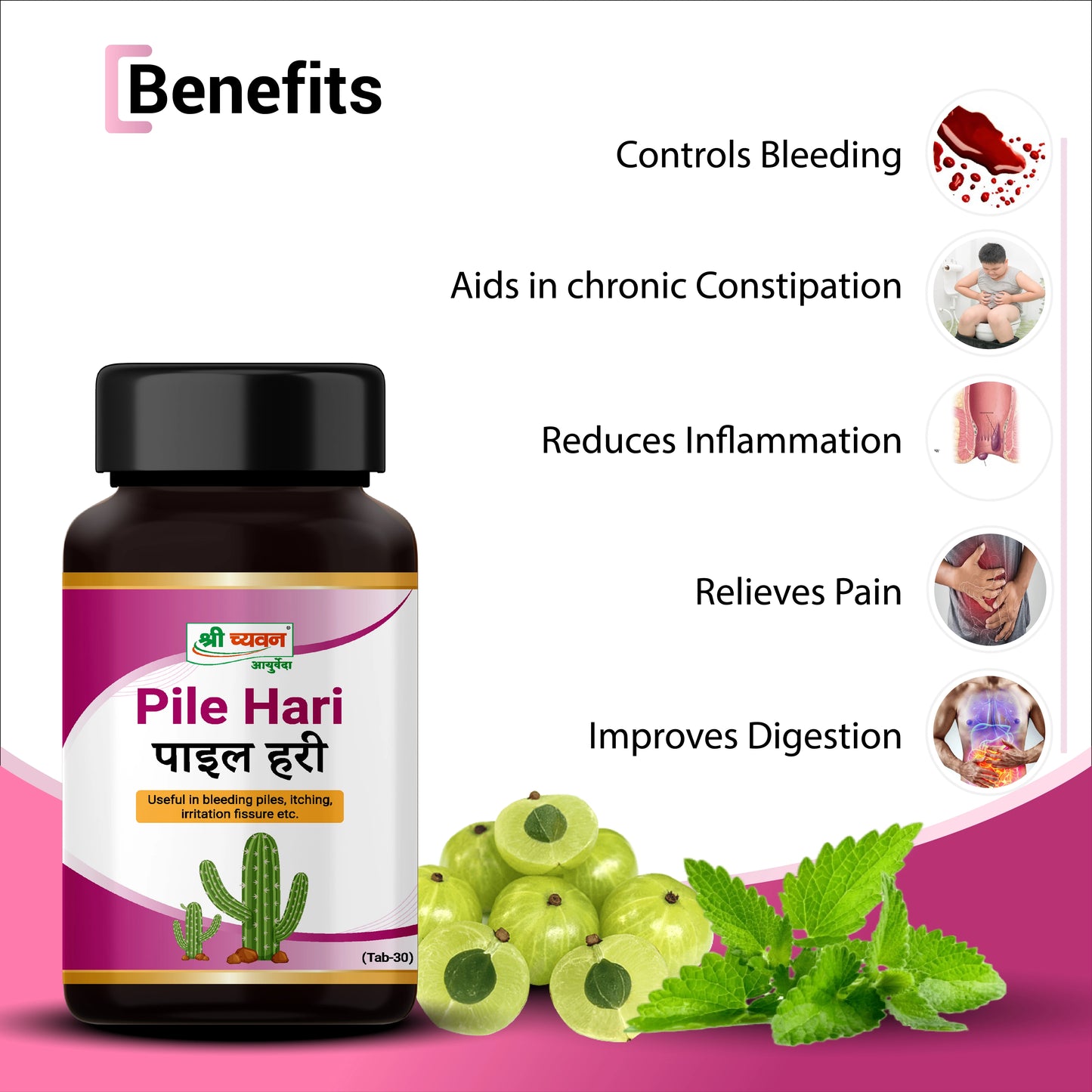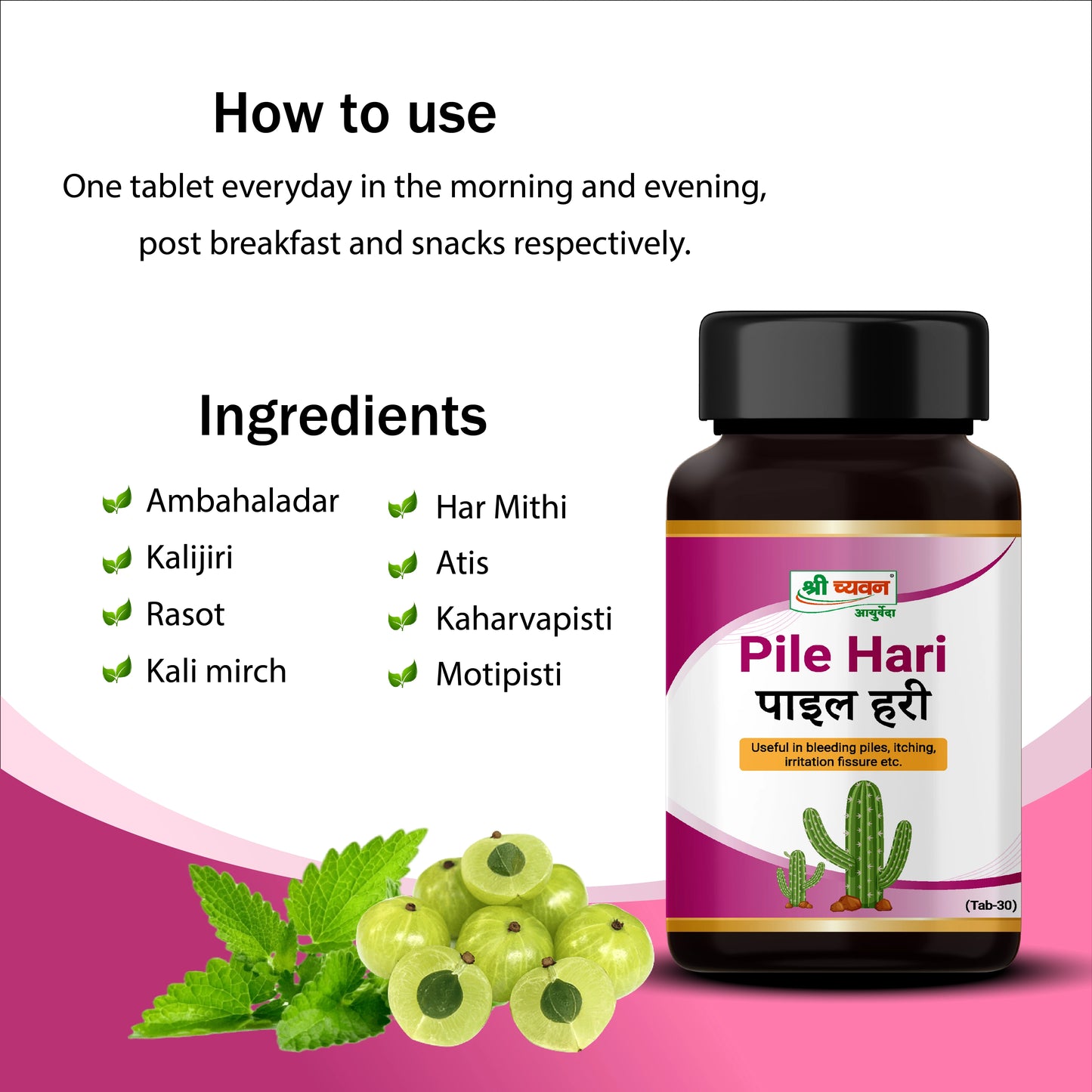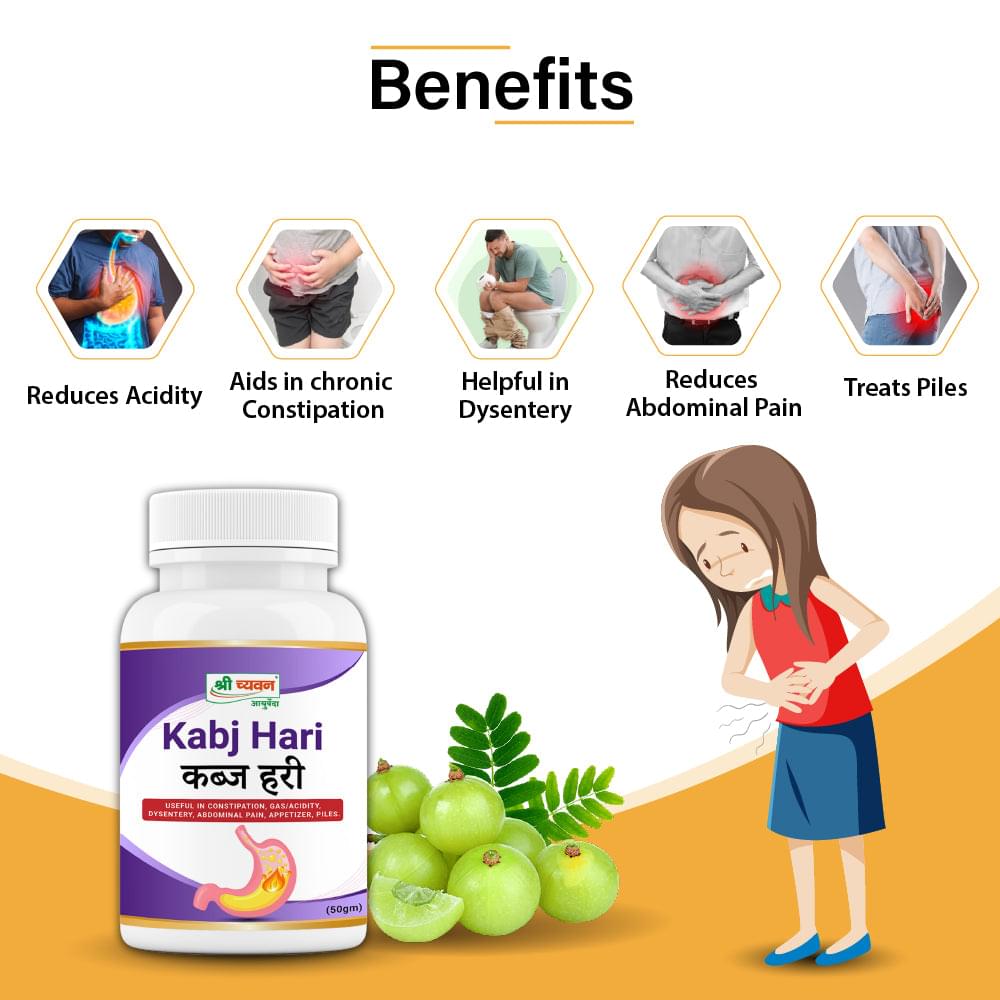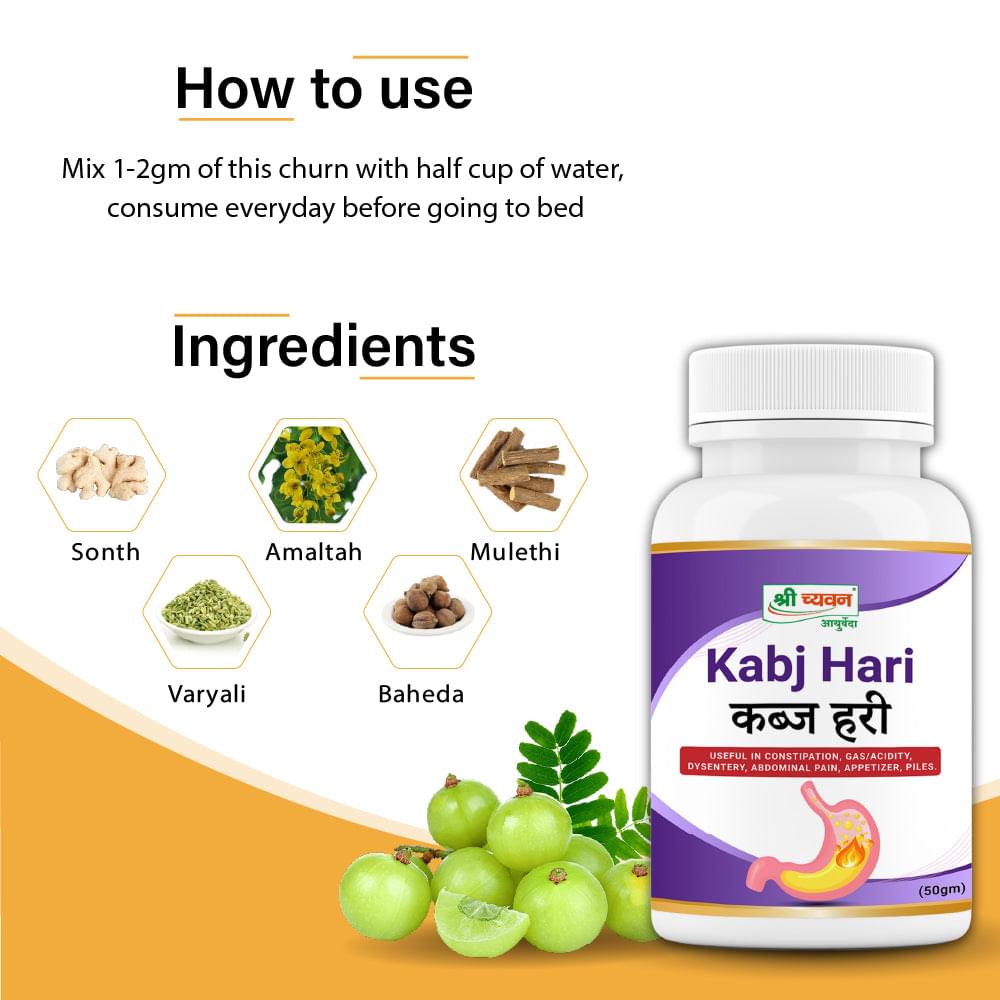Piles, also known as hemorrhoids, are swollen veins in the anus and rectum. While uncomfortable, they are often treatable with lifestyle changes, including diet. This blog explores the best foods for managing piles, delves into Ayurvedic solutions, and answers frequently asked questions.
Dietary Choices for Piles Relief:
-
Fiber is your friend: Aim for a diet rich in fiber, which helps soften stool and promote easier bowel movements. Excellent sources include:
- Whole grains: Brown rice, oats, quinoa, whole-wheat bread
- Fruits: Berries, apples, pears, kiwifruit (with skin)
- Vegetables: Leafy greens, broccoli, carrots, sweet potatoes
- Legumes: Beans, lentils, chickpeas
- Hydration is key: Drinking plenty of water keeps stools soft and helps prevent constipation, a major trigger for piles.
- Spice it up (carefully): Some spices like ginger and fennel may aid digestion, but avoid excess chili peppers, which can irritate the rectum.
Foods to Limit:
- Refined carbohydrates: White bread, pasta, pastries can worsen constipation.
- Spicy foods: While some spices are okay, excess chili peppers can irritate.
- Processed foods: Often low in fiber and high in unhealthy fats, these offer little nutritional value.
- Alcohol and caffeine: These can dehydrate you and worsen constipation.
Ayurvedic Solutions for Piles:
Ayurveda, the traditional Indian medical system, focuses on achieving balance within the body. Here's how it can potentially help with piles:
- Dietary Recommendations: Similar to a balanced diet, Ayurveda emphasizes easily digestible foods like whole grains, vegetables, and lentils. It may also recommend avoiding foods that aggravate Pitta dosha, like spicy or acidic foods, which are believed to contribute to inflammation.
-
Herbal Remedies: Certain Ayurvedic herbs may be beneficial, but consulting a qualified Ayurvedic practitioner is crucial. Examples include:
- Triphala: A herbal blend known for its digestive and detoxifying properties.
- Manjistha: This herb may help reduce inflammation and improve circulation.
- Neem: Possessing anti-inflammatory and healing properties, neem can be used both internally and externally.
Ayurvedic Treatment for Piles:
Shri Chyawan Ayurveda has meticulously crafted a Piles Care Pack for the natural treatment of hemorrhoids/piles. Our products are formulated using premium quality herbs and strictly adhere to Ayurvedic principles. They are 100% pure, natural, and safe, ensuring no side effects.
FAQ: Food and Piles
Q: Are there any quick fixes for piles with food?
A: There's no magic bullet, but increasing fiber intake and staying hydrated can soften stool and make passing it easier, offering some relief.
Q: What if my diet isn't enough?
A: If dietary changes don't provide sufficient relief, consult your doctor. They may recommend other treatment options like topical creams, medication, or minimally invasive procedures.
Q: Are there any other dietary tips?
A: Manage portion sizes and avoid straining during bowel movements. Eating smaller, more frequent meals can be easier on your digestive system.
Q: Can Ayurveda cure piles completely?
A: Ayurveda focuses on managing symptoms and promoting overall well-being. it can potentially provide relief and prevent recurrence.
Q: How long does Ayurvedic treatment typically last?
A: The duration depends on the severity of your condition and your body's response to treatment. It's important to be patient and consistent with your Ayurvedic regimen.


